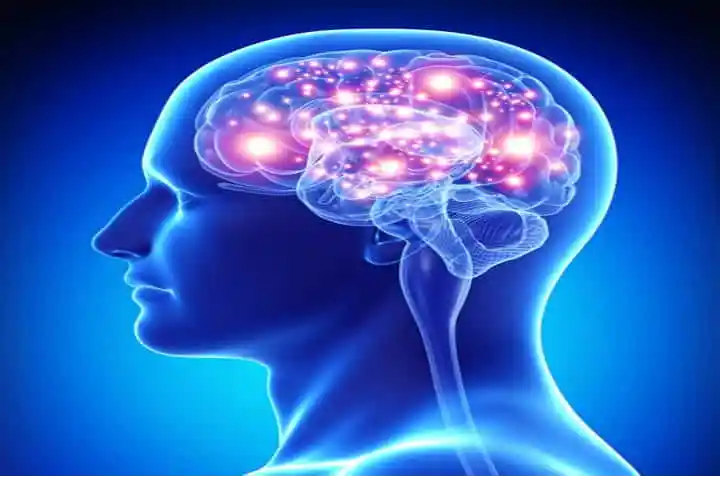

Contrary to the assumption that neurosurgeons and aerospace engineers are smarter than others, a new study suggests that it is not so
<p>
<strong>It is usually assumed that people who choose to be brain surgeons or rocket scientists and become one must be far brighter than the rest of the people. Now, a recent study shows that this necessarily may not be the case.</strong></p>
<p>
As per a report published in theguardian.com, scientists used data gathered from a group of people across the world which included 329 aerospace engineers and 72 neurosurgeons, all of whom were made to do 12 tasks online using the GBIT that is the Great British Intelligence Test from the Cognitron platform. Besides, they were also made to answer questions pertaining to their sex, age, and levels of experience in their field of speciality.</p>
<p>
<strong>Also read: <a href="https://www.indianarrative.com/science-news/human-eye-pupils-are-key-to-counting-and-detecting-quantity-124925.html">Human eye pupils are key to counting and detecting quantity</a></strong></p>
<p>
The 12 tasks the group members were made to perform were to check varied aspects of working memory, attention, cognition, including planning and reasoning, and emotion processing abilities. The information gathered from these tasks was compared with earlier data which was collected from more than 18,000 members of the British public.</p>
<p>
The study&rsquo;s findings were published in the peer-reviewed medical trade journal BMJ and it uncovers that only the neurosurgeons showed a significant difference as their speed of problem solving was quicker but their memory recall was slower as compared to the general population.</p>
<p>
Elaborating this point, the researchers observed: <a href="https://www.theguardian.com/science/2021/dec/13/brain-surgeon-or-rocket-scientist-study-tries-to-find-out-who-is-smarter">&ldquo;The difference in problem-solving speed</a> exhibited by neurosurgeons might arise from the fast-paced nature of neurosurgery, which attracts those with a pre-existing flair for rapid processing, or it could be, albeit less likely, a product of training for rapid decision-making in time-critical situations.&rdquo;</p>
<p>
The reason why this study was done was to find out if one of the professions had the intellectual upper hand. The research team however, did find some divergence in the cognitive capability of the engineers of the aerospace and the neuroscientists. The results do point out that the engineers scored higher for attention and mental manipulation like rotating objects in one&rsquo;s head, while on the other hand surgeons gained more marks in semantic problem solving like definition of rare words.</p>
<p>
<strong>Also read: <a href="https://www.indianarrative.com/science-news/research-identifies-hippocampus-as-brain-s-storyteller-118788.html">Research identifies hippocampus as brain&rsquo;s storyteller</a></strong></p>
<p>
Author of the study and a neurosurgical trainee at Great Ormond Street Hospital, Aswin Chari talking about the research observed: &ldquo;Essentially what we think it shows is that everyone has a range of skills, some people are better at some things and other people are better at other things, and it is very difficult to be better in everything across the board.&rdquo;</p>
<p>
Referring to the two professions zoned on in the research, Chari added: &ldquo;It is not that they are better at everything, but they are better at certain things that make them good at what they do.&rdquo;</p>
An encounter broke out between security forces and terrorists in Jammu and Kashmir's Udhampur district,…
Canadian leaders have strongly condemned the recent terror attack in Pahalgam, Jammu and Kashmir, which…
In the aftermath of the deadly terrorist attack in Pahalgam that killed 26, Michael Rubin,…
India has summoned Pakistan's top diplomat in Delhi, Saad Ahmad Warraich, and handed over the…
The Chinese Foreign Ministry spokesperson Guo Jiakun has condemned the terrorist attack in Jammu and…
The Ministry of External Affairs briefed mediapersons on Wednesday about the slew of measures announced…